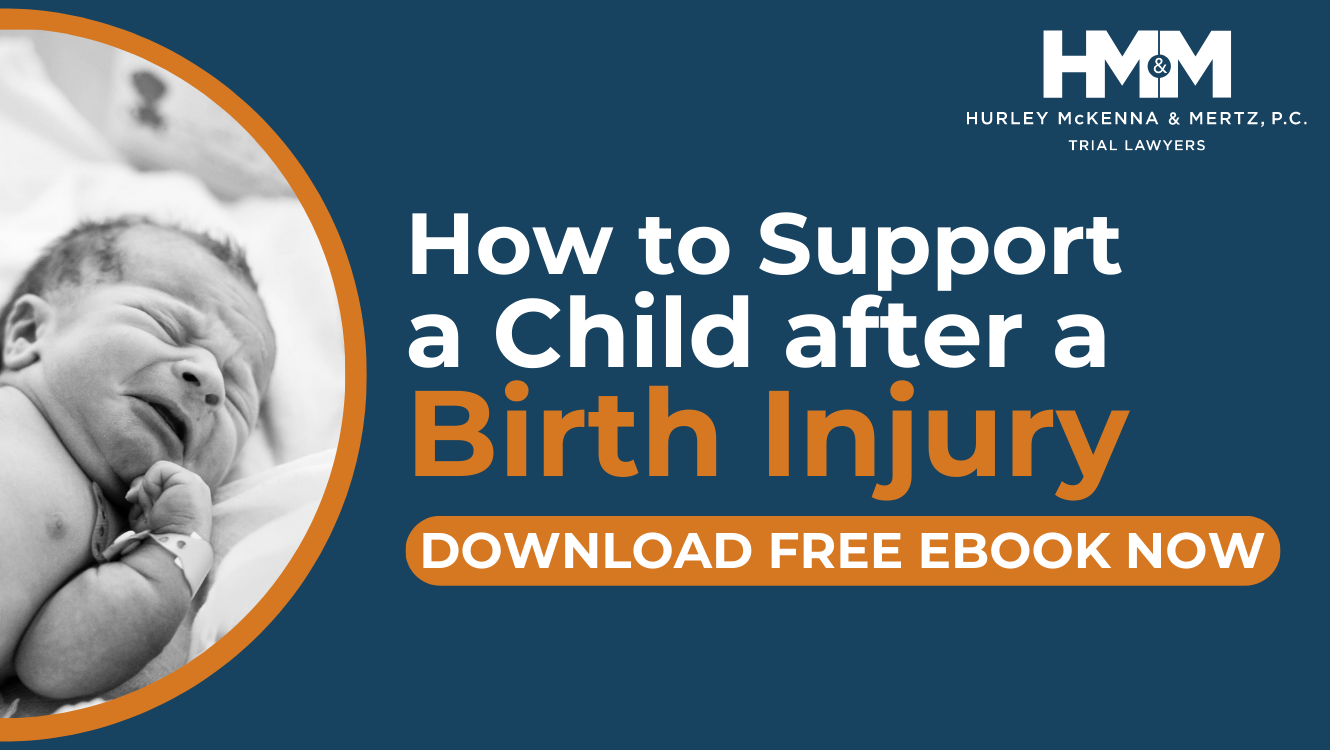Pregnancy is often portrayed as a time of joy and anticipation, but for some women, it can also bring unexpected challenges. One such challenge is preeclampsia, a serious condition that can cause complications for both mother and baby.
Characterized by high blood pressure, preeclampsia can lead to serious complications such as organ damage, seizures, stroke, and in severe cases, death of the mother and child.
While preeclampsia can occur naturally, there are instances where medical negligence may play a role in its development or worsening. Continue scrolling to learn more and explore some of these signs.
What is Preeclampsia?
Typically occurring after 20 weeks of gestation, preeclampsia is a serious pregnancy complication characterized by high blood pressure and signs of damage to other organs.
It can develop suddenly and progress rapidly, posing significant risks to both the mother and the baby. For the mother, preeclampsia can lead to complications such as kidney failure, liver dysfunction, clotting disorders, and a higher risk of cardiovascular disease later in life. In severe cases, preeclampsia can progress to eclampsia, a life-threatening condition characterized by seizures.
Additionally, preeclampsia can restrict blood flow to the placenta, potentially resulting in fetal growth restriction, premature birth, and low birth weight. In some instances, it may necessitate early delivery of the baby to prevent further harm to both mother and child.
>>> Related read: How Preeclampsia Can Affect a Baby
7 Signs Your Doctor is Responsible for Your Preeclampsia Complications
Navigating the complexities of pregnancy can be both exhilarating and daunting, with expectant mothers relying on the expertise and guidance of their healthcare providers for a smooth journey. However, when complications like preeclampsia arise, patients may question the quality of care they’ve received, leading to a potential loss of trust.
Below, read seven key indicators that may suggest your doctor could be responsible for the complications stemming from your preeclampsia.
1. Failure to Monitor or Diagnose Preeclampsia
Preeclampsia often presents with symptoms such as high blood pressure, protein in the urine, swelling, headaches, and changes in vision. Healthcare providers have a duty to monitor these vital signs and symptoms during prenatal visits. Failure to recognize these warning signs and immediately diagnose preeclampsia could indicate medical negligence.
2. Inadequate Prenatal Care
Proper prenatal care is essential for the early detection and management of conditions like preeclampsia. If your doctor did not conduct regular check-ups or neglected to order necessary tests during your pregnancy, they may have failed in their duty of care.
3. Ignored Risk Factors
Certain factors increase the risk of developing preeclampsia, such as a history of high blood pressure, obesity, diabetes, or carrying multiples. If your doctor failed to take these risk factors into account or did not adjust your prenatal care plan accordingly, it could be a sign of negligence.
4. Delays in Treatment
Prompt treatment is crucial in managing preeclampsia and preventing complications. If your doctor failed to initiate appropriate treatment upon diagnosing preeclampsia or delayed in referring you to a specialist for further care, they may be held liable for any resulting harm.
5. Mismanagement of Labor and Delivery
Preeclampsia can impact labor and delivery, requiring careful monitoring and sometimes necessitating interventions such as induction or cesarean section. Improper management of labor and delivery in cases of preeclampsia can lead to birth injuries or other complications for both the mother and the baby.
6. Lack of Informed Consent
Patients have the right to be informed about their medical condition, treatment options, and potential risks. If your doctor failed to adequately inform you about the risks associated with preeclampsia or the recommended course of treatment, it may constitute a breach of informed consent.
7. Documentation Inconsistencies
Medical records play a crucial role in assessing the care provided by healthcare professionals. Inconsistencies or omissions in your medical records regarding the monitoring, diagnosis, and treatment of preeclampsia could indicate negligence on the part of your doctor.
>>> Related read: Can Preeclampsia be Prevented?
What to Do if Your Doctor is Responsible for Your Preeclampsia Complications
Discovering that your doctor may be responsible for the complications arising from preeclampsia can be a distressing revelation, but it’s crucial to take action to protect your health and seek accountability.
First, prioritize your well-being by seeking immediate medical attention if you experience any symptoms of preeclampsia, such as high blood pressure, swelling, or changes in vision.
Additionally, consider obtaining a second opinion from a qualified healthcare provider to assess your condition and ensure you receive appropriate treatment. Remember to also document all relevant medical records and communications with your healthcare providers, as these may serve as crucial evidence in a potential legal case.
Finally, consult with a reputable personal injury firm that specializes in preeclampsia and birth injury cases to discuss your options for seeking compensation and justice. By taking these proactive steps, you can assert your rights, hold negligent healthcare providers accountable, and pave the way for improved standards of care for expectant mothers in the future.
>>> Related read: How Would a Preeclampsia Lawsuit Benefit My Child?
Has Your Child Suffered a Birth Injury as a Result of Preeclampsia Complications? Get Support from this Resource
Sadly, preeclampsia can lead to birth complications for your child, some of which can include cerebral palsy, organ damage, brain injuries, and more. In these cases, you may not know where to turn for help or guidance. To help, download this free resource, “How to Support a Child After a Birth Injury,” which details top emotional and financial support groups to help guide you on this journey. It also explains how to know when it’s time to seek justice through legal action so you can further support your child.







